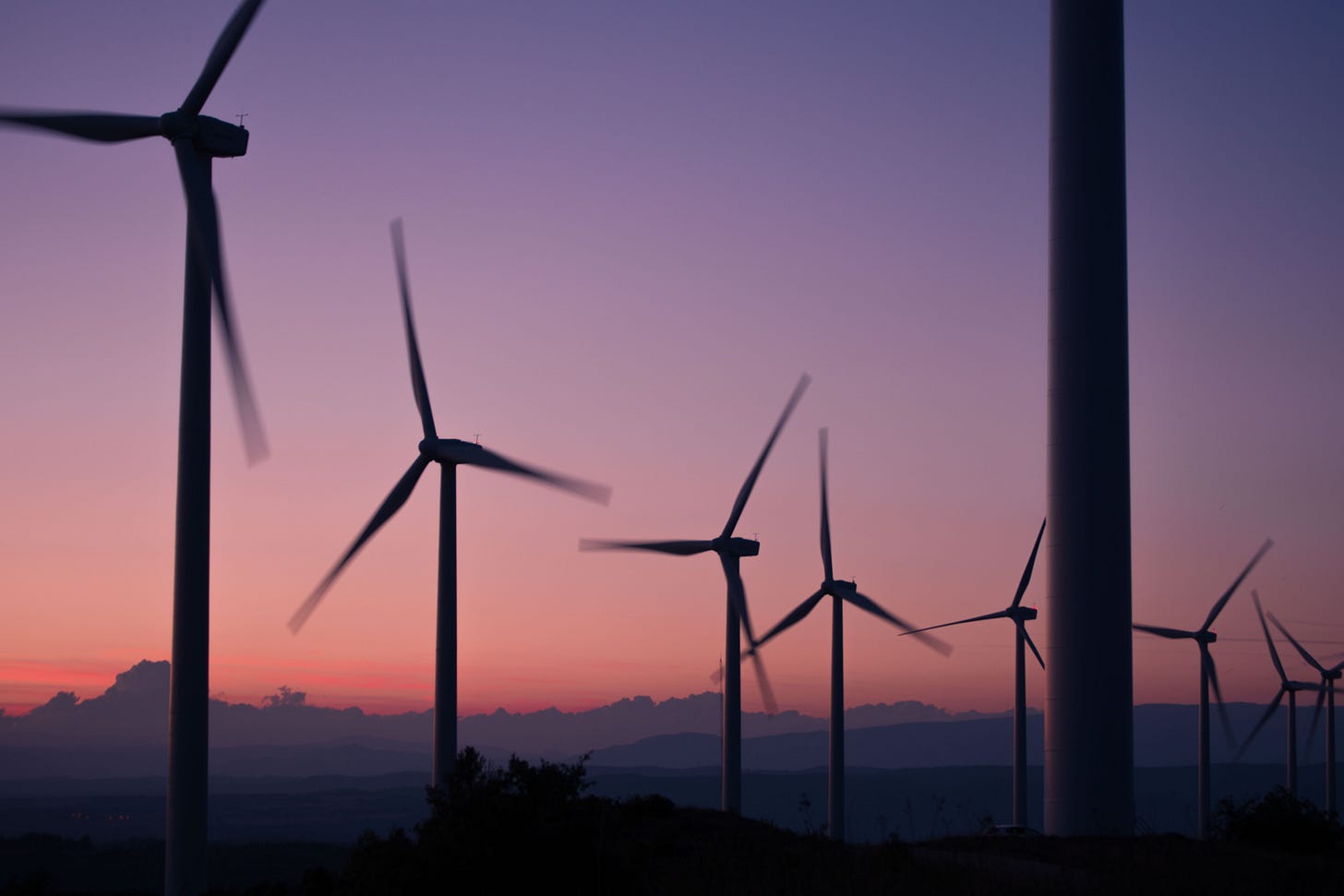Wind and Solar Replacing Coal Power’s Share in G20 Countries, But Japan off the Pace
Wind and solar have reduced the share of coal power in G20 countries since the Paris Agreement, according to an analysis of data from the fourth annual Global Electricity Review published by energy think tank Ember.
However, the transformation is not yet happening fast enough for a pathway aligned with 1.5C, although there are positive signs.
The data reveals that in G20 countries, wind and solar reached a combined share of 13% of electricity in 2022, up from 5% in 2015. In this period, the share of wind power doubled and the share of solar power quadrupled.
As a result, coal power fell from 43% of G20 electricity in 2015 to 39% in 2022. Shares of other sources of electricity remained broadly stable, with fluctuations of just 1-2 percentage points. However, 13 of the G20 still have over half of their electricity from fossil fuels as of 2022.
Saudi Arabia stands out with almost 100% of its electricity from oil and gas. South Africa (86%), Indonesia (82%) and India (77%) are the next most reliant on fossil – all predominantly coal – generation.
According to the Intergovernmental Panel on Climate Change (IPCC), wind and solar can deliver over a third of the emissions cuts required in 2030 to limit global heating to 1.5 degrees. Encouragingly, half of these emissions reductions from wind and solar would actually save money compared to the reference scenario.
“Replacing coal power with wind and solar is the closest thing we have to a silver bullet for the climate,” said Malgorzata Wiatros-Motyka, senior analyst at Ember. “Not only do solar and wind cut emissions fast, they also bring down electricity costs and reduce health-harming pollution.”
Japan a Laggard
Across the G20, progress towards wind and solar power is mixed. The leaders are Germany (32%), the UK (29%) and Australia (25%). Turkey, Brazil, the US and China have consistently held above the global average. At the bottom are Russia, Indonesia and Saudi Arabia with nearly zero wind and solar power in their mix.
Thirteen of the G20 still have over half of their electricity from fossil fuels as of 2022. Saudi Arabia stands out with almost 100% of its electricity from oil and gas. South Africa (86%), Indonesia (82%) and India (77%) are the next most reliant on fossil – all predominantly coal – generation.
Among advanced (OECD) economies in the G20, which should target coal phase-out by 2030, there has been a reduction in coal generation by 42% in absolute terms from 2,624 TWh in 2015 to 1,855 TWh in 2022.
The fastest decline in coal power in the G20 has been achieved by the United Kingdom, which reduced its coal generation by 93% since the Paris Agreement was signed, falling from 23% of electricity in 2015 to just 2% in 2022. Italy halved its coal power in the same period, while the United States and Germany reduced their coal power by around a third.
Even coal-dependent Australia has reduced its share of coal power from 64% in 2015 to 47% in 2022. Among advanced economies in the G20, Japan stands out as it has yet to reduce its share of coal power, which remains around a third of its electricity.
#renewables #solar #wind



